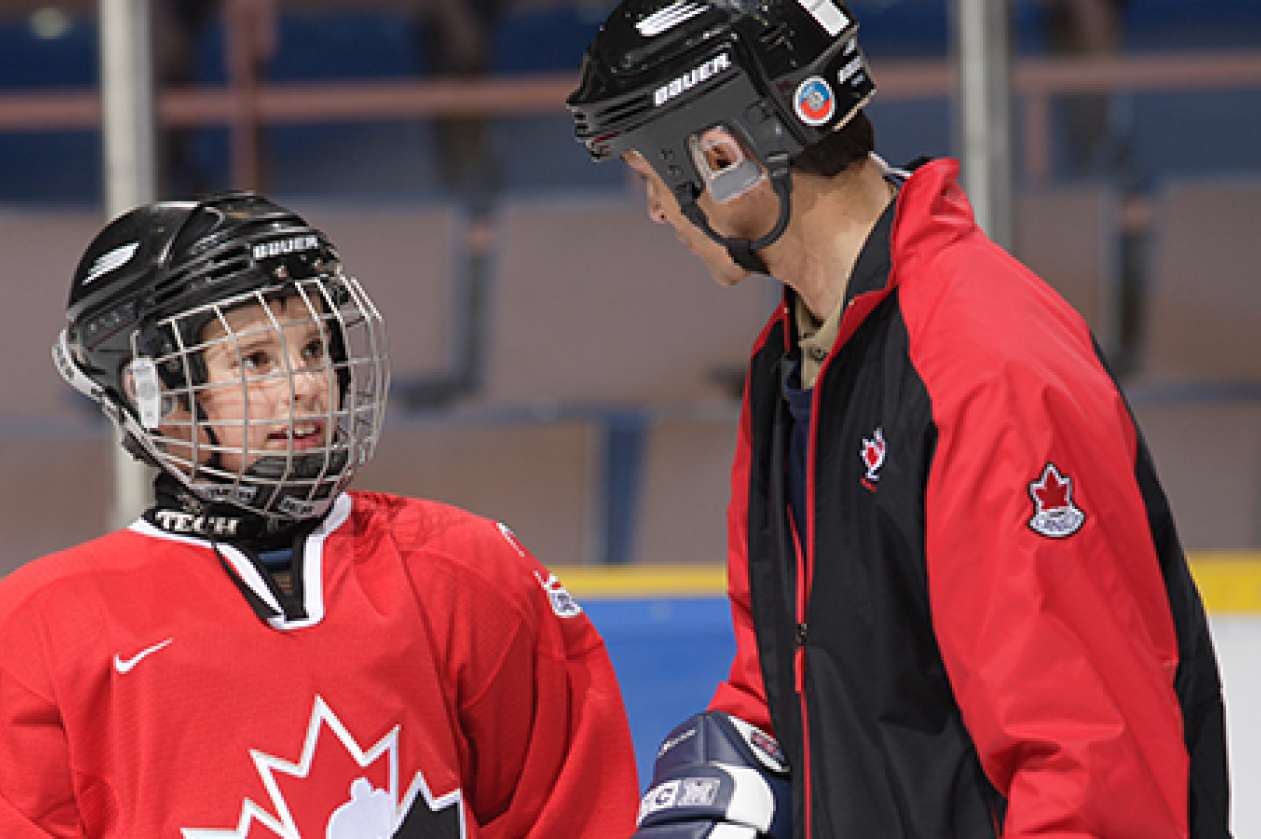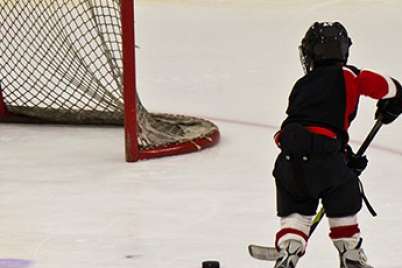
Parent expectations in hockey: How to communicate with coaches
In the first three articles in this series, I discussed legitimate expectations that parents can have around their children’s sports and activities, and I presented the first two steps to addressing concerns. Step one was to focus on what your child wants, and step two was to examine whether or not your child was having fun and learning skills.
In this article, I present the third and final step that parents need to consider when things are not totally right with their child’s sport experience: how to communicate with the child’s coach in a way that might improve that experience.
On that note, minor sport organizations’ values and way of functioning are an outcome of the volunteers that lead them. In other words, no two associations are exactly the same. Some are very open to input and feedback from parents, others are not.
As well, coach education varies greatly across sports and areas. Any good coaching development program contains some elements on how to handle meetings with parents in a professional manner, but again the application will vary greatly.
Fourth in the ‘Parent expectations in hockey’ series
This four-part series details what parents can do to ensure that their kids are having a good experience in hockey.
Start here:
• When your kids play hockey, it’s okay to have expectations about their experience
• Focus on what your child wants
• How to tell if your child is having fun and learning skills
If you’ve made sure that you’re honoring what your child wants from their sport, but you’re not satisfied that they’re having fun and learning skills, and you believe that the situation could be improved for your child’s team, then you need to consider talking with the coaches.
Depending on how approachable or accessible the coaches and sport associations have made themselves, it may be intimidating to bring up your concerns. To reduce possible tension and to ensure you are respectful in your approach, follow these suggestions:
- Know and follow the process in place in your minor sport organization. These are often located on the organization’s web site. If you are not sure, ask the team’s manager or a board member of your minor sport associations.
- Always ask for a formal meeting instead of approaching the coach after a game or a practice. Coaching requires a great level of engagement and focus. A coach walking off the ice after a practice or a game might seem ready for a discussion, but trust my experience: they probably have a lot on their mind.
- At the beginning of your meeting, state that your purpose is to get all kids to have more fun and improve their skills simply because those are the reasons kids play sports. It might help if you shared some links to articles or websites on the topic.
- Share your observations, give examples, and ask questions in an open-minded fashion. Remember that your purpose is to help everyone (kids, parents & coaches) have a better and more rewarding experience.
- Share suggestions and some solutions if you have any.
- Give time to the coaches to reflect on the discussion, but ask for a clear and specific follow-up meeting.
In conclusion, when kids choose to play a competitive sport, it’s because of their enjoyment of the many aspects of the game itself. As a parent, you are right to ensure that your kid has fun and develops the right skills.





